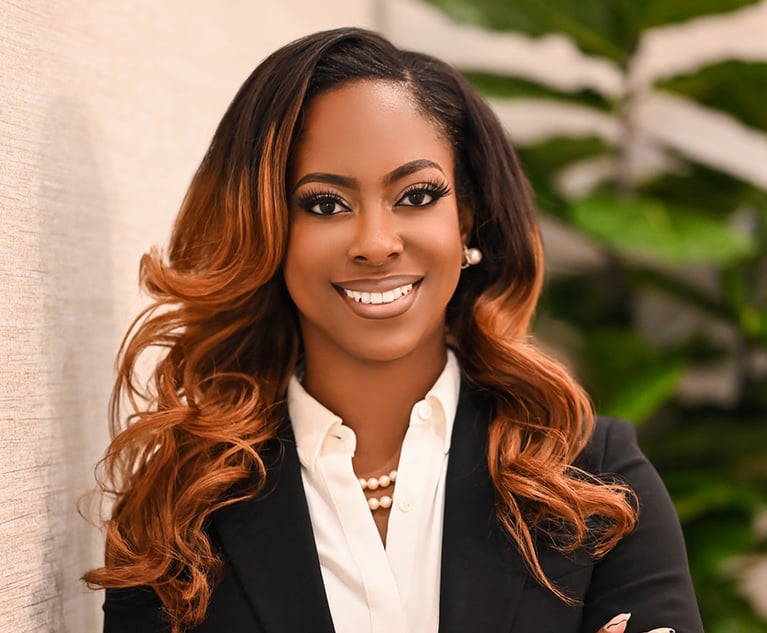Should minorities receive different—“special”—treatment when applying for jobs after law school if their credentials are just not as good? In light of the U.S. Supreme Court’s recent decision against affirmative action and pending litigation against diversity fellowships at two of the nation’s largest law firms, many people are asking some version of this difficult question.
For students of color currently moving through academia, myself included, these questions can sow a poisonous seed of self-doubt. Did I earn my spot here, or did I cut the line? After all, black and Puerto Rican students have historically scored lowest on the LSAT. Racial disparities also persist in bar-passage rates. Regardless of the societal factors that cause these inequalities, they are glaring on applications by the time law students enter the workforce.
This content has been archived. It is available through our partners, LexisNexis® and Bloomberg Law.
To view this content, please continue to their sites.
Not a Lexis Subscriber?
Subscribe Now
Not a Bloomberg Law Subscriber?
Subscribe Now
LexisNexis® and Bloomberg Law are third party online distributors of the broad collection of current and archived versions of ALM's legal news publications. LexisNexis® and Bloomberg Law customers are able to access and use ALM's content, including content from the National Law Journal, The American Lawyer, Legaltech News, The New York Law Journal, and Corporate Counsel, as well as other sources of legal information.
For questions call 1-877-256-2472 or contact us at [email protected]


 Credit: Adobe Stock
Credit: Adobe Stock




